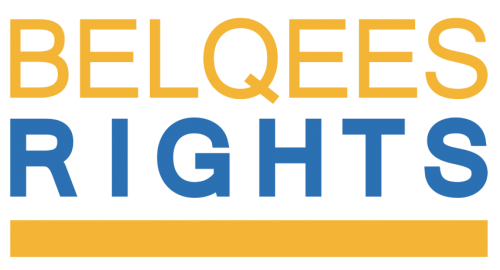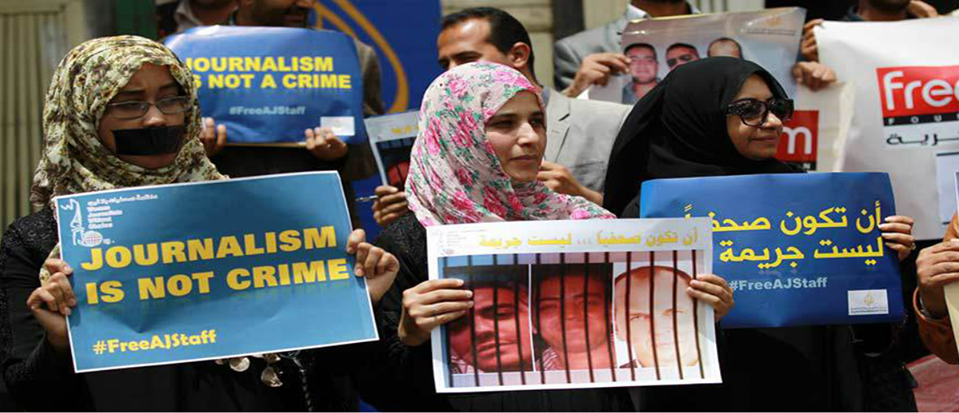The Houthi militia, through the Houthi-controlled Ministry of Information, released a decree to impose further restrictions on the freedom of digital media in the country by criminalizing the practice of digital journalism unless a license has been obtained from the Ministry of Information, according to a ministerial decree issued by Al-Thawra newspaper under the control of the Houthis in Sana’a.
The decree stipulates that individuals shall comply with the laws, bylaws, regulations and instructions, in particular the Press and Publications Law, its executive regulations and the decrees of the ministry, especially in times of crisis and war, as determined by the media policy of the state through the ministry.
The resolution also stressed the importance of connecting news websites to communications (as a form of censorship on publications which can be stopped if it violates the militia’s policy), in addition to maintaining coordination with the Ministry of Communications and Information Technology and other relevant parties.
The decision, published by the newspaper Al-Thawra, sparked controversy and widespread resentment among Yemeni journalists in Sana’a who claimed that the militia were inventing restrictions by issuing a regulation to regulate digital journalism despite the absence of a digital press law so far and considering this as a declaration of a state of emergency.
Meanwhile, the Yemeni Journalists Syndicate announced that 38 cases of violations were documented between July and September 2017, including 11 cases of abduction and detention, while 15 kidnapped journalists are still being held by the Houthis in harsh conditions in the Houthis prisons in Sana’a and a journalist is under the custody of Al-Qaeda in Hadramout. The Syndicate confirmed that journalists’ freedoms are still of critical importance, with the ongoing violence and hostility towards press and journalists and dealing with journalists as an easy target in the political and military conflict.
The Houthis committed 23 violations (61% of the total violations documented by the Syndicate), while the government committed 8 violations (21%), unknown groups committed 3 violations (8%), while the Arab Coalition Forces committed two violations (5%), and executive figures in Marib Governorate committed two cases (5%).


Recent Comments